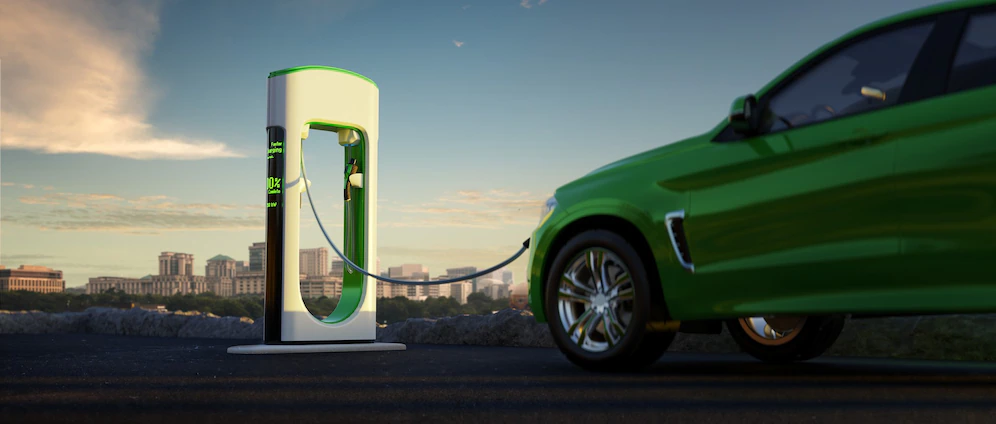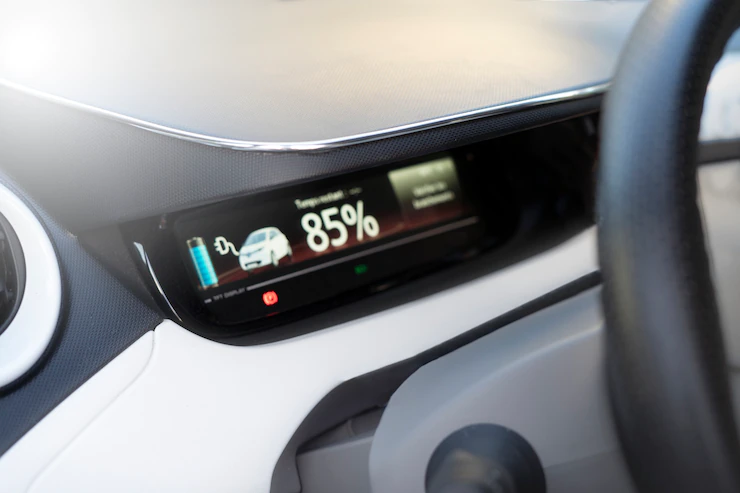Why Are Electric Cars Faster Than Traditional Ones?
2 Mins Read
Published on: 14 June 2022
Last Updated on: 16 June 2022

toc impalement
Over the last few years, electric cars have finally, properly arrived in the UK. According to figures collected by the Society of Motor Manufacturers and Traders, electric vehicles in the UK represented around 12.4% of all new car sales for the year ending May 2022.
It’s an uptick of around 17.7%. By contrast, sales of diesel vehicles have fallen by 50% over a year, and petrol vehicles have fallen by around 25%.
Part of the reason for this is the increasingly impressive performance and functionality offered by vehicles of this kind. Electric vehicles are getting faster, more efficient, and more affordable with every passing year. So, what makes them so much better?
How Do Electric Cars Work?

In principle, electric cars are much simpler than their internal-combustion-engine-powered counterparts. They plug into a single charge point and funnel electrical energy into a large lithium-ion battery.
This provides the electric energy needed to drive the motor, which turns the wheels. You can think of the motor as a series of magnets, arranged in a circle, which activate and deactivate quickly to provide kinetic energy.
This kind of motor provides much more rapid acceleration than is possible from an internal combustion engine – provided that you’re driving the right kind of electric vehicle.
How Do ICE Cars Work?

An internal combustion engine relies on a series of pistols and cylinders. The fuel is injected into the cylinder and ignited there. This causes an expansion, which pushes the piston out.
This in turn draws more fuel into the cylinder and pushes out the exhaust fumes. The four strokes needed to complete this process in most engines are intake, compression, combustion, and exhaust.
Using this motion to drive the wheels requires a few additional components, like a crankshaft and a gearbox. There’s also a separate starter motor necessary to get the engine turning in the first place.
Why Are Electric Cars Faster?

In practice, electric cars tend to offer superior performance for several reasons.
First, their transmission is vastly different. There are no gears to worry about; the car will automatically adjust according to how far the pedal is depressed. Power arrives instantaneously, rather than having to ramp up gradually as the engine turns.
In an electric vehicle, there’s a more direct correlation between the throttle applied by the driver and the amount of power that results. The harder you press, the faster it goes. This means more control and a superior driving experience.
There’s also weight distribution and center of mass to think about. Much of the weight in the electric car comes from the battery, which can be distributed along the bottom of the car, providing a very low center of mass. In a traditional car, this isn’t possible.
Read Also:


















Comments Are Closed For This Article